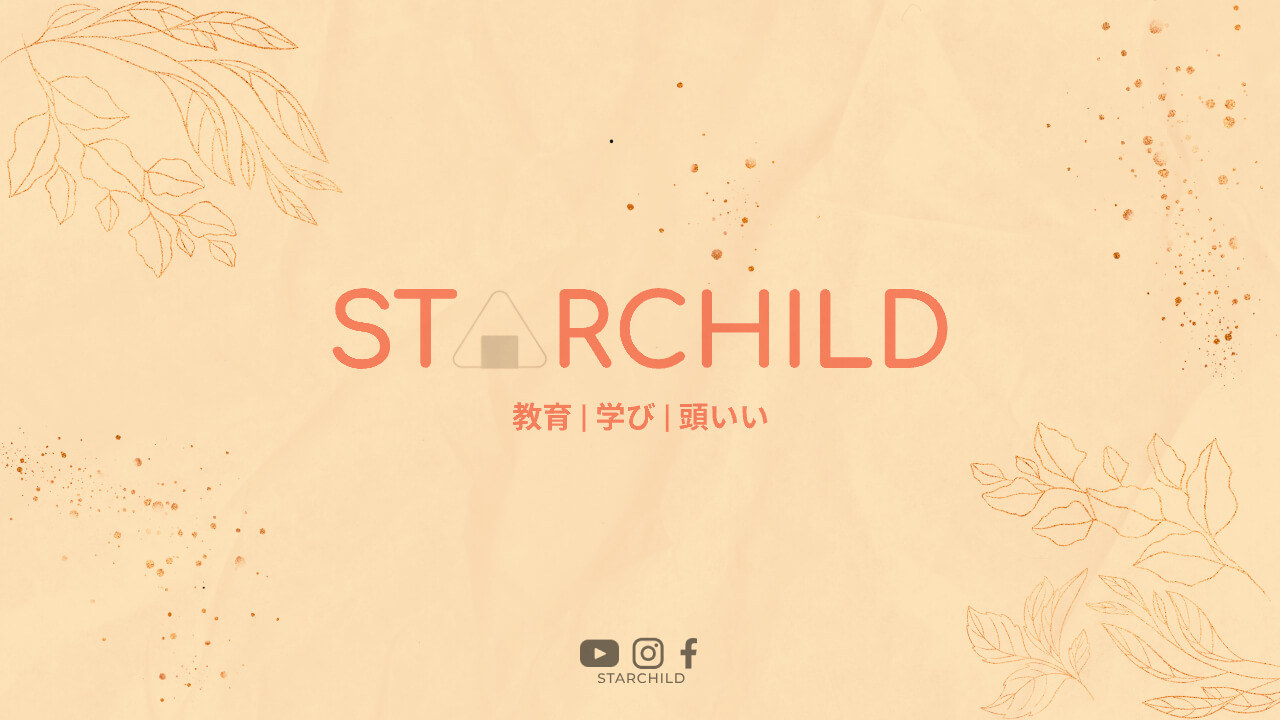International Christian University, or ICU, is a private university located in Tokyo, Japan. It was founded in 1953 and is known for its liberal arts curriculum. ICU aims to provide students with a well-rounded education that prepares them for the global workforce. In this article, we will explore ICU’s curriculum, including its core courses, academic majors, and elective options.
ICU’s Core Curriculum
ICU’s core curriculum is designed to provide students with a foundation in various academic disciplines. The core courses are mandatory for all students and cover topics such as mathematics, science, social sciences, and humanities. The core curriculum also includes courses in foreign languages, with English being the primary language of instruction at ICU.
The core curriculum is divided into two parts: the General Education Program and the Major Education Program. The General Education Program consists of courses that all students must take, regardless of their major. The Major Education Program, on the other hand, consists of courses that are specific to each student’s chosen academic major.
Academic Majors at ICU
ICU offers a wide range of academic majors, including humanities, social sciences, natural sciences, and business. Some of the most popular majors at ICU include International Relations, Economics, Sociology, and Psychology.
Each academic major has its own set of requirements, including core courses and elective options. Students are encouraged to choose an academic major that aligns with their interests and career goals.
Elective Options at ICU
ICU offers a variety of elective options that allow students to explore their interests and expand their knowledge beyond their chosen academic major. Elective options include courses in art, music, literature, and philosophy. ICU also offers study abroad programs that allow students to study in other countries and gain a global perspective.
ICU’s Approach to Education
ICU’s approach to education is focused on developing critical thinking skills and promoting intercultural understanding. The university aims to create well-rounded individuals who are equipped to navigate the complex challenges of the global workforce.
ICU’s faculty members are highly qualified and come from diverse academic backgrounds. They are committed to providing students with a challenging and rewarding academic experience.
The Benefits of Studying at ICU
Studying at ICU offers many benefits for students. The university’s liberal arts curriculum provides students with a broad knowledge base and prepares them for a variety of career paths. ICU’s location in Tokyo also provides students with access to a vibrant and dynamic city that is home to many international companies and organizations.
ICU’s commitment to intercultural understanding also provides students with valuable skills that are highly sought after in today’s global economy. Students who graduate from ICU are well-prepared to work in a variety of fields, including business, government, education, and non-profit organizations.
Conclusion
ICU’s curriculum is designed to provide students with a well-rounded education that prepares them for the global workforce. The university’s core curriculum, academic majors, and elective options allow students to explore their interests and develop critical thinking skills. Studying at ICU offers many benefits for students, including access to a vibrant and dynamic city, highly qualified faculty members, and valuable intercultural understanding skills. If you are considering studying in Japan, ICU is definitely worth considering as a top choice.




